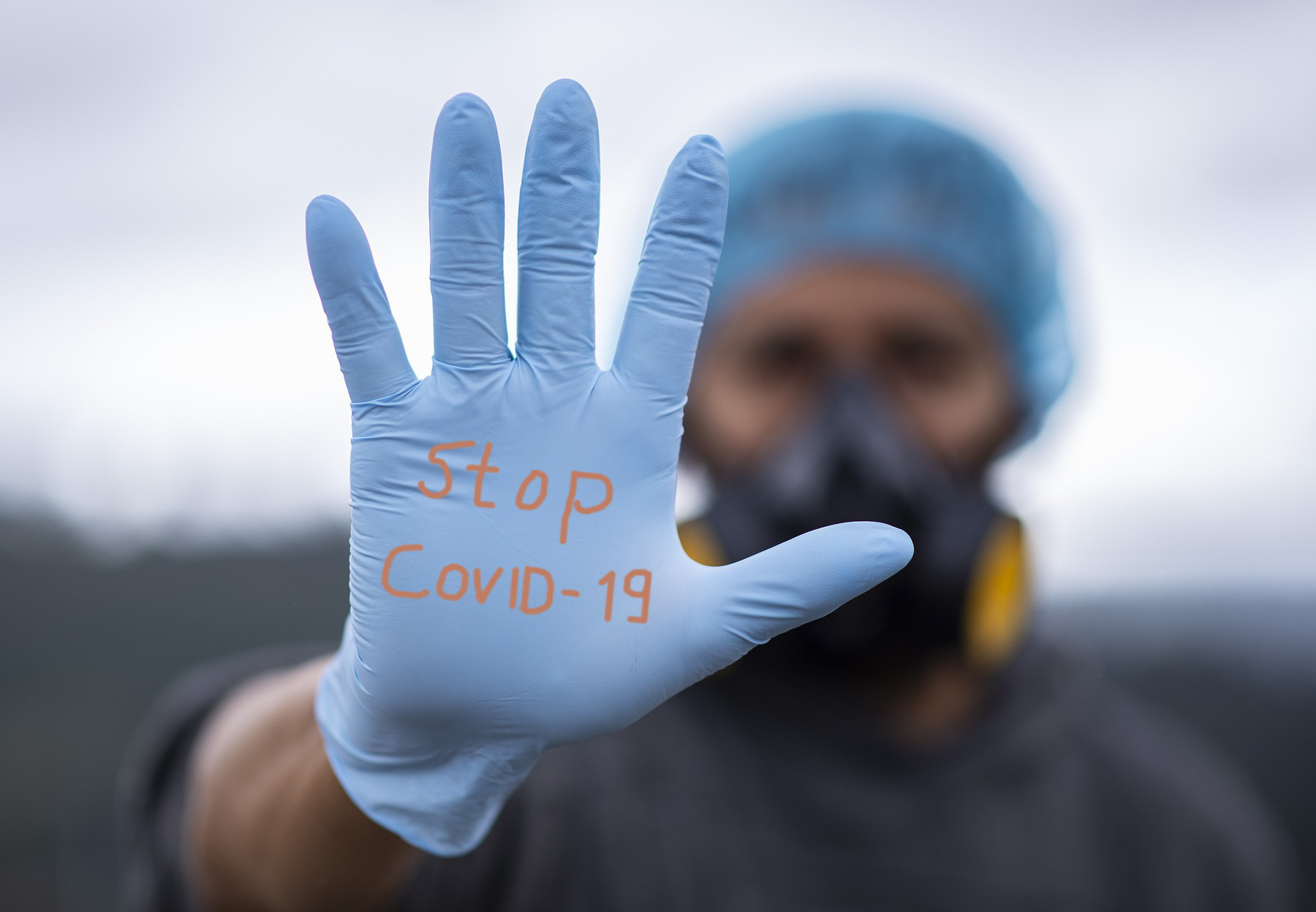The Pan American Health Organization has informed the Public Health Agency of Canada (PHAC) that Canada no longer has the status of a country that has eliminated measles, due to an outbreak that has been ongoing for more than one year.
This status indicates that there is no continuous transmission of the disease for 12 months or more in a given geographical area.
“Despite considerable efforts by Canada, the country has lost its status. Measles is now considered to be endemic in this country,” PAHO director Dr. Jason Barbosa told a news conference.
Comments closed
